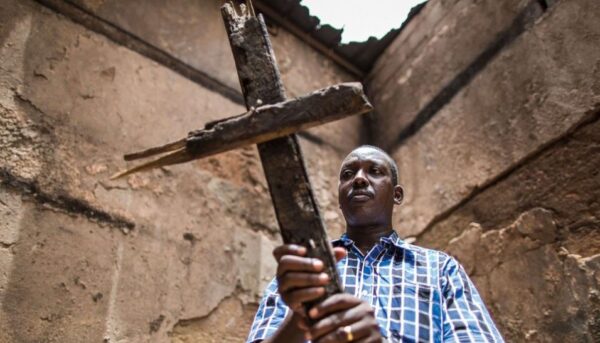Lifestyle
5 of the world’s most dangerous countries for Christians

Being a Christian in some parts of the world today means living in fear, hiding your faith, or even risking your life. While we often take freedom of worship for granted, the reality is different in certain countries.
Across several nations, especially in regions plagued by religious extremism, political instability, and violent insurgency, Christians are increasingly being targeted for their beliefs.
From Africa to the Middle East and even parts of Asia, being a follower of Christ has become a high-risk identity in many communities.
Here are the most dangerous countries for Christians today, and why they made the list.
1. North Korea
The government runs a cult-like system around its leaders, and any form of outside belief is forbidden. There’s no freedom of religion, no churches, no worship gatherings, nothing. Despite all this, many underground believers continue to worship in secret, risking their lives every day.
2. Nigeria
Every year, hundreds of Christians are killed, kidnapped, or attacked during church services, in their homes, or on the road. Villages are burnt down, pastors are targeted, and entire communities are displaced.
What makes this even more heartbreaking is the lack of accountability and slow government response. Many of these attacks go unpunished, and survivors are left to fend for themselves. It’s a dark stain on a country that claims to be half Christian.
3. Afghanistan)
Most Afghan Christians live in hiding. Publicly declaring your faith could get you executed or cause your family to disown you, or worse, report you to the authorities. Churches don’t exist openly, and Christian converts are hunted down by both state forces and extremist groups.
4. Somalia
Terrorist groups like Al-Shabaab actively target Christians, and even being suspected of having Christian beliefs can lead to imprisonment or murder. Most believers are forced to flee or live double lives to survive.
5. Pakistan)
Churches have been bombed, Christian communities have been attacked by mobs, and the justice system often fails to protect the innocent. Discrimination is also deeply rooted in the education system, jobs, and government services.








